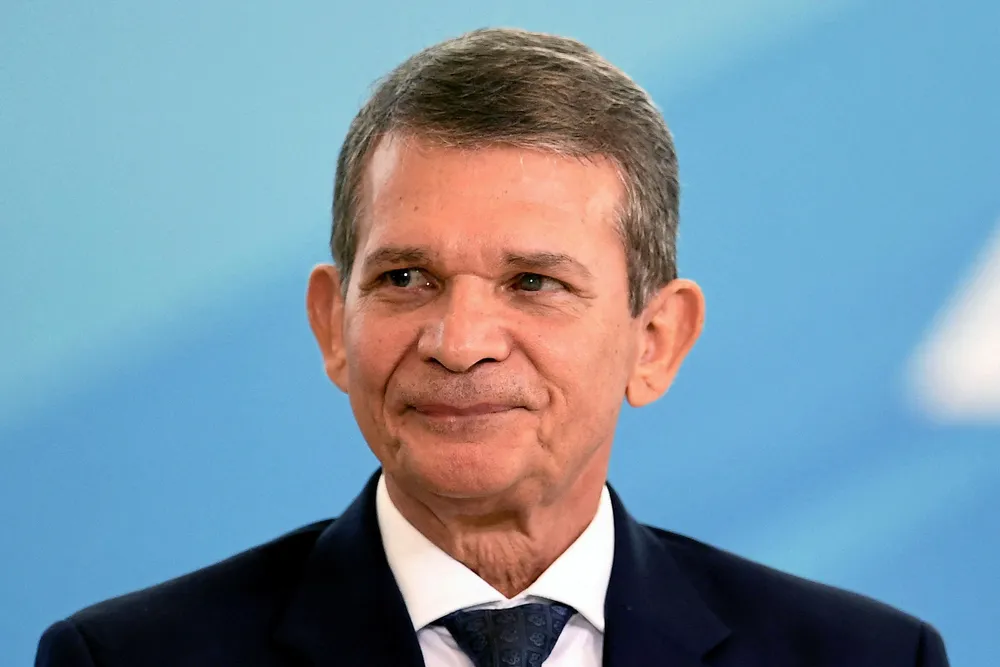Petrobras in Sepia thriller in Brazil surplus volumes bid round
Brazilian oil giant forced to go with second-choice consortium to take additional resources at pre-salt field

Brazilian oil giant forced to go with second-choice consortium to take additional resources at pre-salt field
